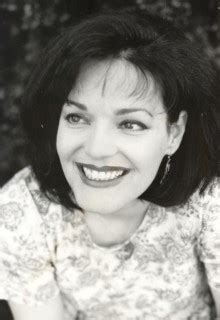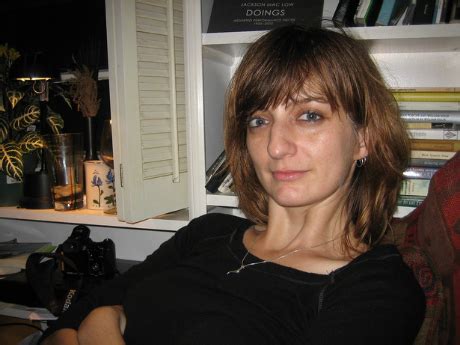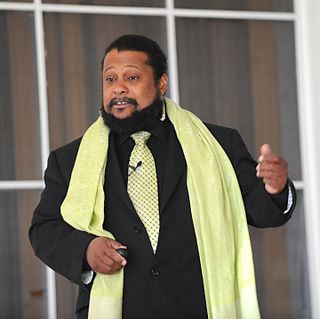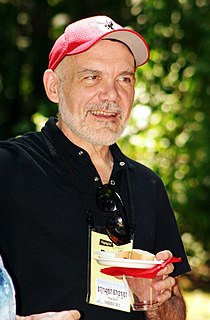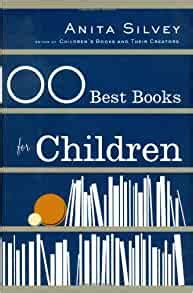A Quote by Sarah Weinman
One of the things that has puzzled me the most in my years of serious mystery reading is why there are relatively few standout books geared specifically for middle grade and young adult readers.
Related Quotes
Lots of kids, including my son, have trouble making the leap from reading words or a few sentences in picture books to chapter books. Chapters are often long... 10 pages can seem like a lifetime to a young reader. Then reading becomes laborious and serious. That's why some of the chapters in my books are very short.
One of the biggest challenges of writing for middle-grade or even young-adult readers is that I don't want to have too much violence in it - which really limits what you can do. It's important that they're not just bloodbaths or glorifying violence. I always try to show that a person who dies leaves a hole. There's grief in my books.
The young adult literature is relatively new - it just kind of exploded in the 2000s. When I grew up, there weren't bookstores with sections dedicated to teen lit, nor was my generation raised reading books written specifically for us. Because of that, today we still think of books for teens as children's books and so when you write a book that includes sensitive topics, it just seems even more controversial. What's troubling to me about that is these are issues adults know that teens deal with. Not writing about them makes them something we don't, or can't talk about.
When I was 11 or 12, I was really bored with everything on my summer reading list. It was all happy, middle-grade kinds of books. I was getting frustrated, because I liked to read. My mother went to the library and got me a copy of 'The Other Side of Midnight' by Sidney Sheldon. It was my first adult book.
I remember my fourth grade teacher reading 'Charlotte's Web' and 'Stuart Little' to us - both, of course, by E. B. White. His stories were genuinely funny, thought provoking and full of irony and charm. He didn't condescend to his readers, which was why I liked his books, and why I wasn't a big reader of other children's' books.
I think so much of young adult literature sort of gets ghettoized - the title 'young adult' makes people immediately discount it. And just like with books that get written for adults, there is plenty of young adult literature that is bad. But there is also plenty of young adult literature that is brilliant.
Though now we think of fairy tales as stories intended for very young children, this is a relatively modern idea. In the oral tradition, magical stories were enjoyed by listeners young and old alike, while literary fairy tales (including most of the tales that are best known today) were published primarily for adult readers until the 19th century.


